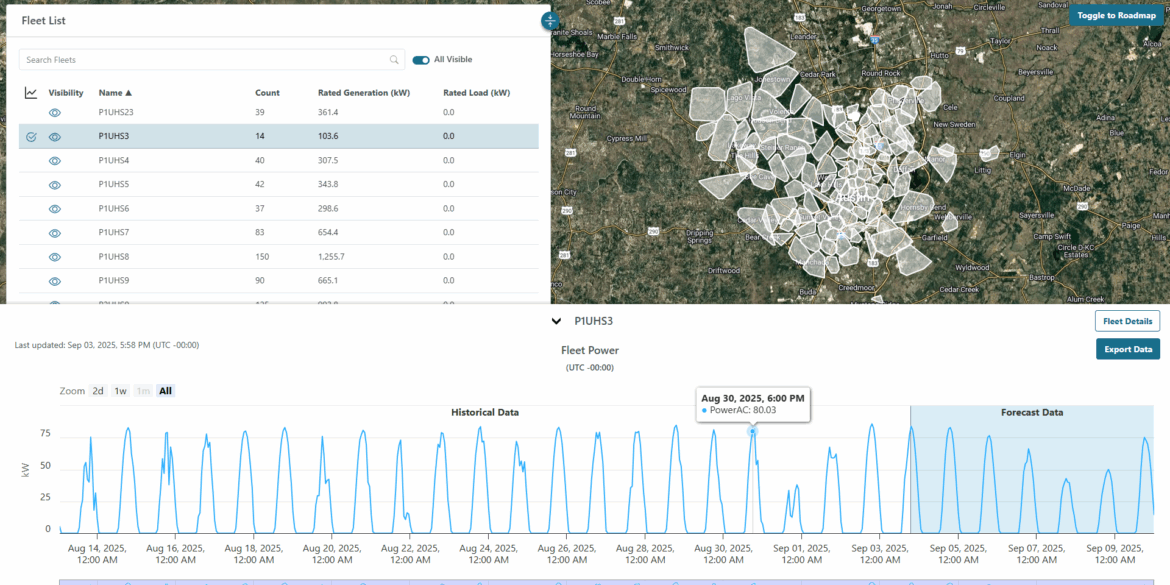The US Energy Information Administration (EIA) estimates that residential PV systems accounted for 61 percent of total...
Unlock Accurate Clipping Loss Analysis with 1-minute Typical Year Data
Clean Power Research® is excited to introduce SolarAnywhere® high-resolution Typical GHI Year (TGY) and Typical DNI Year (TDY) datasets at 1-minute and 5-minute temporal resolutions. By leveraging AI-powered downscaling algorithms, these datasets deliver highly...


